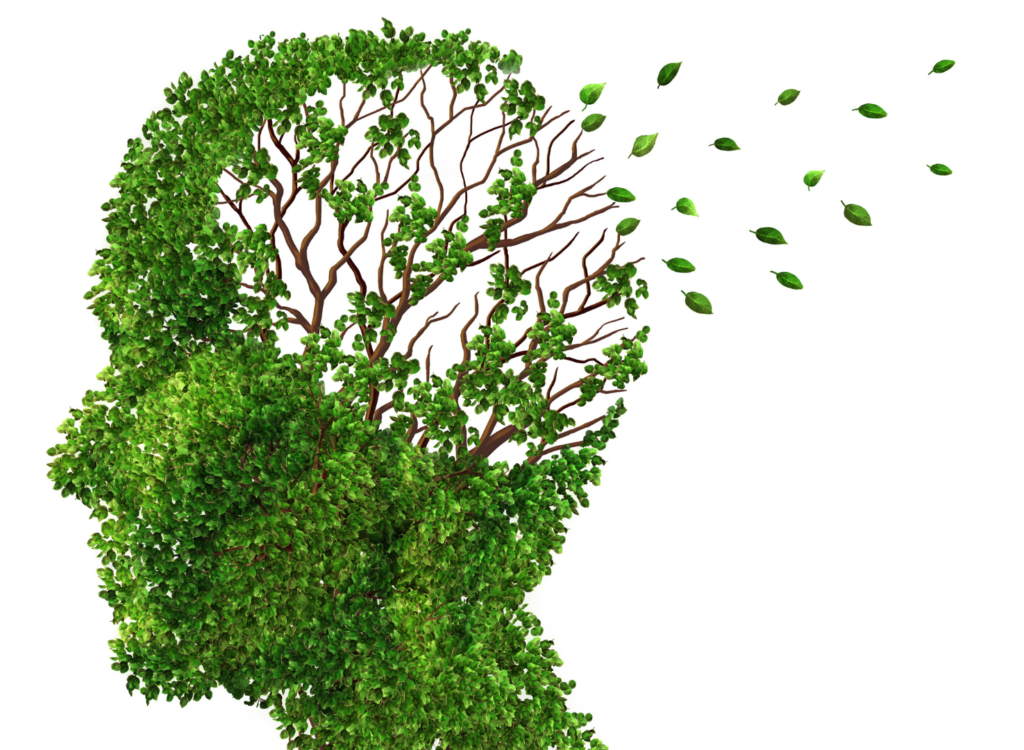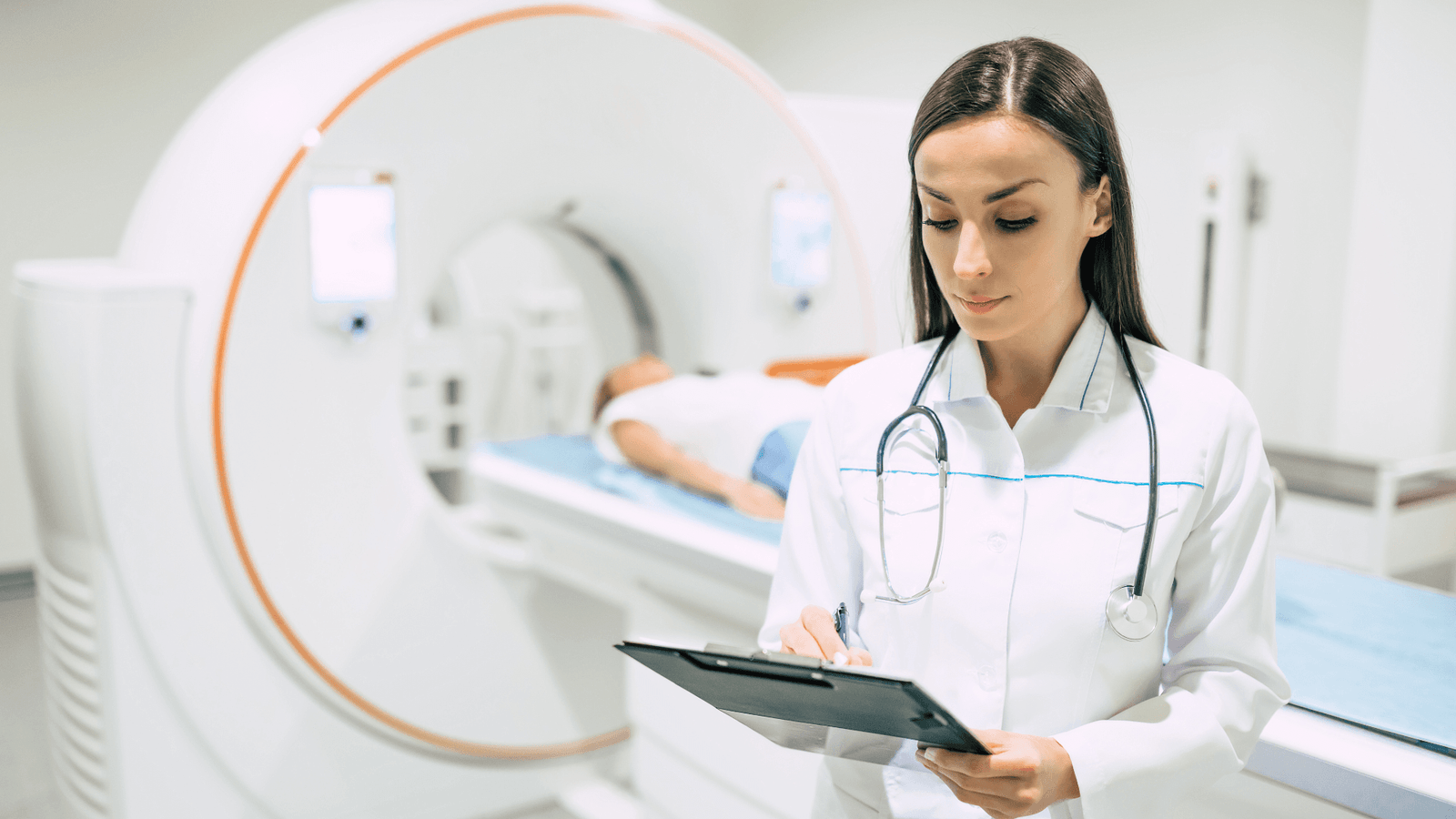As we enter 2025, brain health is at the forefront of global health priorities, driven by innovative research and real-world applications. From new Alzheimer’s treatments to advanced brain-computer interfaces, groundbreaking solutions are reshaping the way we understand and care for the brain. This article explores the latest developments in brain health that are improving lives and delivering hope for the future.
2025 marks a major leap in the fight against Alzheimer’s, with treatments like Donanemab and Lecanemab now available for patients. These drugs, which focus on reducing amyloid plaques in the brain, offer a significant step toward slowing cognitive decline rather than just managing symptoms. Additionally, research on tau-targeting therapies is advancing, and their potential to further delay Alzheimer’s progression is bringing new hope.
What’s New: Wider access to these therapies is reshaping Alzheimer’s care, and new clinical trials are exploring combination therapies to enhance effectiveness.

Why It Matters: As the population ages, these breakthroughs could drastically reduce the burden on families and healthcare systems globally.
BCIs are no longer just experimental—2025 is seeing them used to enhance brain function and restore mobility for people with disabilities. With Neuralink and Synchron conducting successful human trials, BCIs are empowering patients with conditions like paralysis to control devices with their thoughts.
New Developments: BCIs are enabling individuals with spinal injuries to move prosthetics, improving independence for patients with paralysis. There’s also potential for BCIs to boost cognitive function for those with memory loss.
Why It’s Relevant: The transition from experimental technology to clinical application means more accessible treatments for patients with severe neurological conditions.
Artificial Intelligence (AI) has made significant strides in brain health diagnostics. In 2025, AI tools are more precise than ever, able to detect early signs of conditions like Parkinson’s, Alzheimer’s, and even mood disorders from brain scans and biomarker analysis.
Breakthroughs: AI-powered imaging systems can now predict neurological issues years before symptoms appear, offering new opportunities for early intervention. AI-based mental health apps are also delivering personalized support, analyzing behavioral patterns to help manage anxiety, depression, and cognitive decline.
Why It’s Important: With earlier detection comes the chance for more effective, targeted treatment, reducing the long-term impact of brain health disorders.
Gene therapy is offering a new frontier for treating brain conditions. Scientists are exploring CRISPR-Cas9 and other gene-editing tools to correct genetic mutations that lead to disorders like epilepsy and Huntington’s disease. These therapies aim to repair the brain’s genetic code, creating the potential for long-term cures.
New Trials: Researchers are now focusing on how gene therapy can repair damaged neural networks, potentially reversing the effects of neurodegenerative diseases.
Why It Matters: These innovations represent a shift from treating symptoms to targeting the root cause of neurological diseases, bringing the possibility of long-term remission or cures.
The brain’s ability to rewire itself, known as neuroplasticity, is the basis for new therapeutic techniques. Programs focusing on cognitive training and mindfulness practices are showing success in improving memory, attention, and emotional resilience.
New Trials: Researchers are now focusing on how gene therapy can repair damaged neural networks, potentially reversing the effects of neurodegenerative diseases.
Why It Matters: These innovations represent a shift from treating symptoms to targeting the root cause of neurological diseases, bringing the possibility of long-term remission or cures.
Emerging research reveals the gut and brain are closely connected. An imbalance in gut microbiota is now linked to conditions such as anxiety, depression, and even Parkinson’s. This has led to innovative solutions:
Probiotic Therapies: Specialized probiotics are being developed to improve mental health and brain function.
Gut-Targeted Medications: New medications target the gut to alleviate neurological symptoms, transforming how these conditions are treated.
Non-invasive technologies such as Transcranial Magnetic Stimulation (TMS) and Transcranial Direct Current Stimulation (tDCS) are making waves in treating mental health conditions. These painless procedures stimulate brain regions associated with mood regulation and cognitive function.
Treating Depression and PTSD: TMS has been effective in patients who don’t respond to traditional medications.
Boosting Cognitive Performance: tDCS is now being used to enhance creativity and memory.
Wearables are no longer limited to fitness trackers—new devices can monitor brain health in real time. Innovations include EEG headbands that track sleep quality and brain wave patterns, providing insights into mental well-being.

The breakthroughs in brain health are reshaping the future of neurological care. As research moves rapidly into real-world applications, individuals worldwide can look forward to more effective treatments, better diagnostics, and innovative ways to maintain brain health. From Alzheimer’s treatments to brain-computer interfaces, the journey from research to reality is creating a new era of hope for millions.